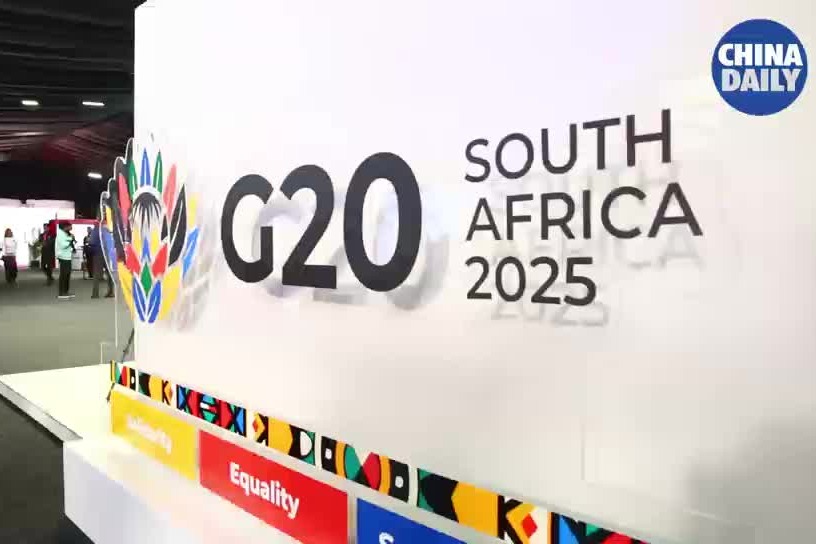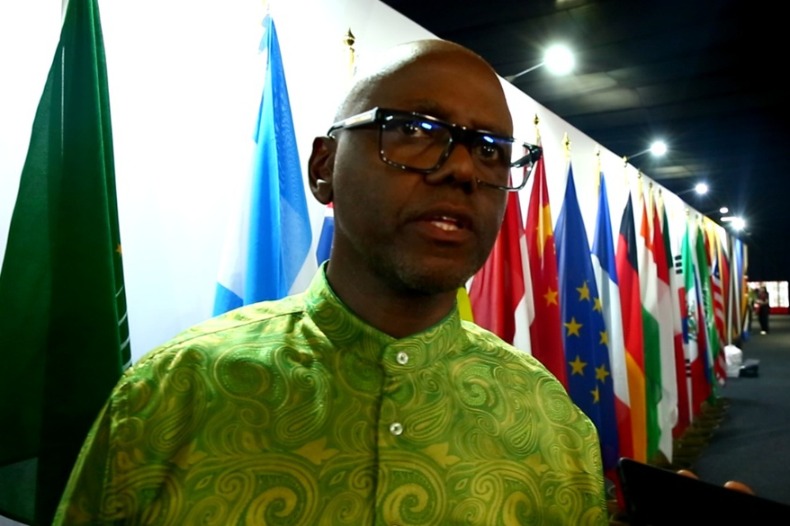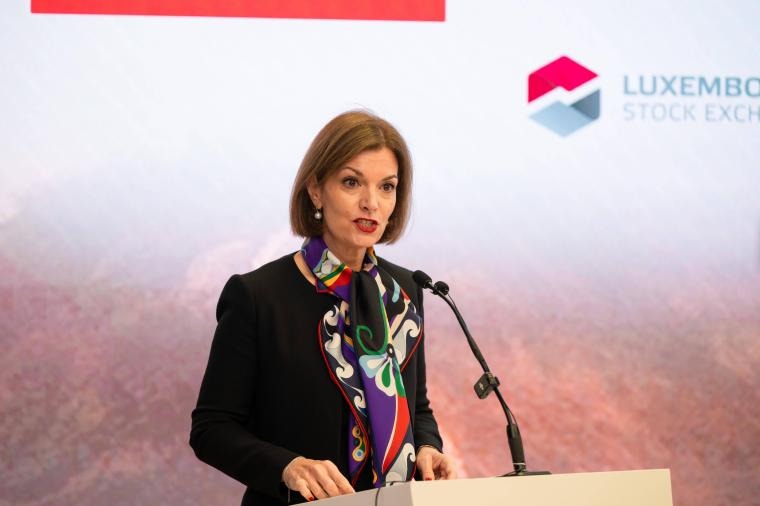UK inflation up to 3.6% as govt fights headwinds

The United Kingdom government has been dealt another economic blow with the Office for National Statistics, or ONS, revealing consumer price inflation jumped unexpectedly to a 17-month high of 3.6 percent in the year to June.
While a rise was expected, it was significantly larger than the 3.4 percent recorded in April and May that experts thought would be repeated in June.
The UK's inflation rate had been at a three-year low of 1.7 percent back in September.
The disappointing news followed a series of setbacks for the government that included two months of shrinking GDP and mounting speculation that tax hikes are imminent.
The ONS said inflation rose more quickly in the year to June than at any time since January 2024 because of accelerating food and clothing prices, hikes in air and rail fares, despite an underwhelming fall in the cost of fuel.
Richard Heys, acting chief economist at the ONS, said: "Inflation ticked up in June, driven mainly by motor fuel prices, which fell only slightly, compared with a much larger decrease at this time last year. Food price inflation has increased for the third consecutive month to its highest annual rate since February of last year. However, it remains well below the peak seen in early 2023."
The country's central bank, the Bank of England, has a long-standing target of holding inflation at 2 percent and could decide not to lower interest rates at next month's rate-setting meeting as a result of the new data, although experts say this is unlikely.
The bank has already cut interest rates twice this year, from 4.75 percent to 4.25 and experts are expecting another quarter-point cut in the cost of borrowing next month, in spite of the hike in inflation.
Deutsche Bank's chief UK economist Sanjay Raja said in a note that he thinks an August rate cut is still likely, but that cuts after that may be at risk.
"There's enough of a slowdown in GDP and the labor market to warrant a 'gradual and careful' easing of monetary policy," he wrote. "But the onus now rests on the labor market to shape how far and how fast the (Bank of England's Monetary Policy Committee) can cut this year and next."
Yael Selfin, chief economist at KPMG UK, told the BBC underlying pressures on the economy, including tax rises in April, make it likely inflation will peak in the fall at 4 percent. The Bank of England has said it expects inflation to peak at 3.7 percent before settling back down to its 2 percent target.
The Economics Observatory think tank said the UK's inflation rate in June was the highest among the G7 group of advanced economies for the first time in more than a year.
But while the spike in inflation is bad news for the economy, most people will not feel worse off, because wages have risen on average during the past year by 5.2 percent, more than offsetting price increases.
earle@mail.chinadailyuk.com
































